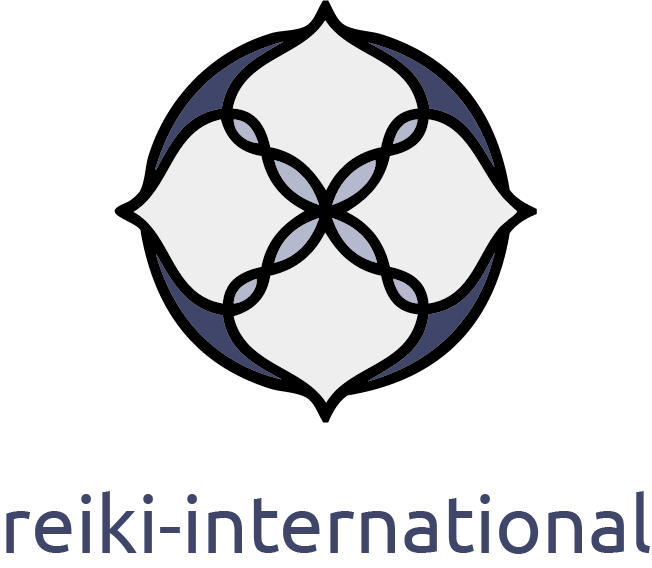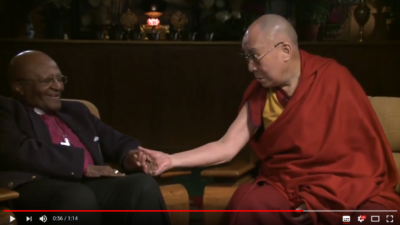So what? What does “apologize” really mean? If someone asks for forgiveness … who is going to grant it?
I wrote the original article in German, my mother-tongue. This translation is a linguistic minefield, the topic even more so. In fact, I need to write a new article all together because the German original plays on the expression “excusing oneself” which does not quite work the same way in English. So. Maybe I just tell the story.
Yesterday…
…I had a meeting with a Reiki practitioner at on o’clock in the afternoon. We had only met virtually on the Internet in a circle that deals intensively and professionally with Reiki. He is almost forty years old and father of a son with whom he seems to get along splendidly. Prussian.
10 days ago he spontaneously said that he was on vacation at Lake Constance and that we could meet there. He would take the ferry boat across the lake to the Swiss shore. I agreed in spite of the two-hour train trip one way. I was looking forward to the journey and to making a new acquaintance with an interesting man. Recently he had written an exciting work that I consider important for the recognition of Reiki in society.
It was hot yesterday. “The last day of record heat this summer” wrote the newspapers. The train was not overcrowded and Swiss punctuality always reliable. Nevertheless, I could already see from the station that his ferry had already arrived. I hurried to the pier and looked for him. In vain. He did not come. A misunderstanding? My mistake? I didn’t have a mobile phone number and after an hour I had nothing left but to ride back through half of Switzerland. At home I wrote him an e-mail with a big question mark. He replied almost instantly:
“…this is very embarrassing for me now, please forgive me. I have written our meeting for tomorrow into my diary and would have waited then probably like you today. I sincerely beg your pardon. This is not my way at all. I don’t know how this could have happened to me. Will we spontaneously manage to meeting tomorrow as we intended today? I would also reimburse you for the costs you incurred for the futile trip. Maybe that’s the least I could do.”
The meeting was not that important to me. There would still be many possibilities to connect at future Reiki conferences. There was neither necessity nor urgency to meet him. It was just a chat. I also had a lot to do. Should I spend practically a whole day for a second time, just for an hour or two of exchanging pleasantries?
Today
I have just returned home. We had met at the harbour. Why did I go? Not because of the extraordinary politeness of the man. Or because I wanted something, needed something or was particularly curious. No, because there was a man who understands how to apologize. That moved me. In more than one way.
“I ask you for forgiveness.”
I sit at my desk typing this with gratitude because this little story contains all the essential components of a reconciliation process. In it I am the “victim”, he the “perpetrator” – I consciously choose these theatrical exaggerations in order to illuminate the dynamics as brightly as possible.
Clarification
I had asked for clarification without accusation. It could have been that it was my own mishap or that an external circumstance had prevented our meeting. Quickly and honestly he clarified what had happened and took responsibility.
Apology
He had asked me to forgive him. Consistent and straightforward, with honest and honourable choice of words. I was able to accept the apology immediately, because of his obvious regret and because I could easily put myself in his shoes. But also because:
Reparation
(Would “amends” be a more appropriate word, “satisfaction”? I do not like “compensation” but it is not wrong either …)
Oftentimes reparation is “merely” a symbolic gesture. In this story the offer was expressed quite concretely in refunding the travel expenses. Later, in the conversation, he even considered the time I had invested as he already suggested in his Email. We agreed on the amount of the train ticket and I accepted the bank-notes with joy.
Reconciliation
This is how reconciliation can actually take place, illustrated here by this little story.
The same dynamics and components also come to bear in the great dramas. Even if the perpetrator has already died, he can be forgiven. If the victim lives no more, it is more difficult for the perpetrator, but not impossible to be granted forgiveness.
To forgive and to reconcile are central to all human relationships. I have the impression that in our culture we have never really learned how to do that. All too quickly a “Yeah, yeah, it’s ‘ll right” follows a sloppily muttered “sorry”. Exactly nothing is right! Only repressed, swept under the carpet. It will most likely reappear (“back then when you let me down”).
Demand and accept
( “ask” would sound politer, “claim” less direct … “demand” is clear and emphasizes where the responsibility lies ; it is empowering the “victim”, has to do with “having the right” to demand. Instead of “accept” one could say “receive” … or “take”, the verb I like least in this context)
To demand an apology when it is not offered by the other’s own accord, is a further challenge in modern life. My newly won friend had done his part it in an exemplary manner. And then there is the subject of reparation. Maybe demanding amends may be a greater hurdle even than requesting someone to apologize. To offer them is a exceptional. But to accept them, even to demand them, you rarely see that.
The final gesture in my little story, when I received the money from him, sealed the process. There is something definite about it and it seems to me that accepting and receiving reparation is perhaps the greatest possible act of grace. The “victim” lets forever go his or her the power over the “perpetrator”.
Sign of strength
In this “evergreen” video the two grand-masters of reconciliation, Bishop Tutu and the Dalai Lama, talk about the power of letting go, of forgiving. Always worth seeing.
Just do it
There would still much to say, from the “victim’s” point of view as well as from of the “perpetrator’s”. Better to do it than to talk about it. May reiki serve us to find the strength and the courage, the confidence and generosity and above all the self-love in us, so that we may ask for forgiveness. Or, conversely, to demand an apology.
René Vögtli
NB: “guilty” … lawyers should have something to say about guilt … it’s not my topic here.


